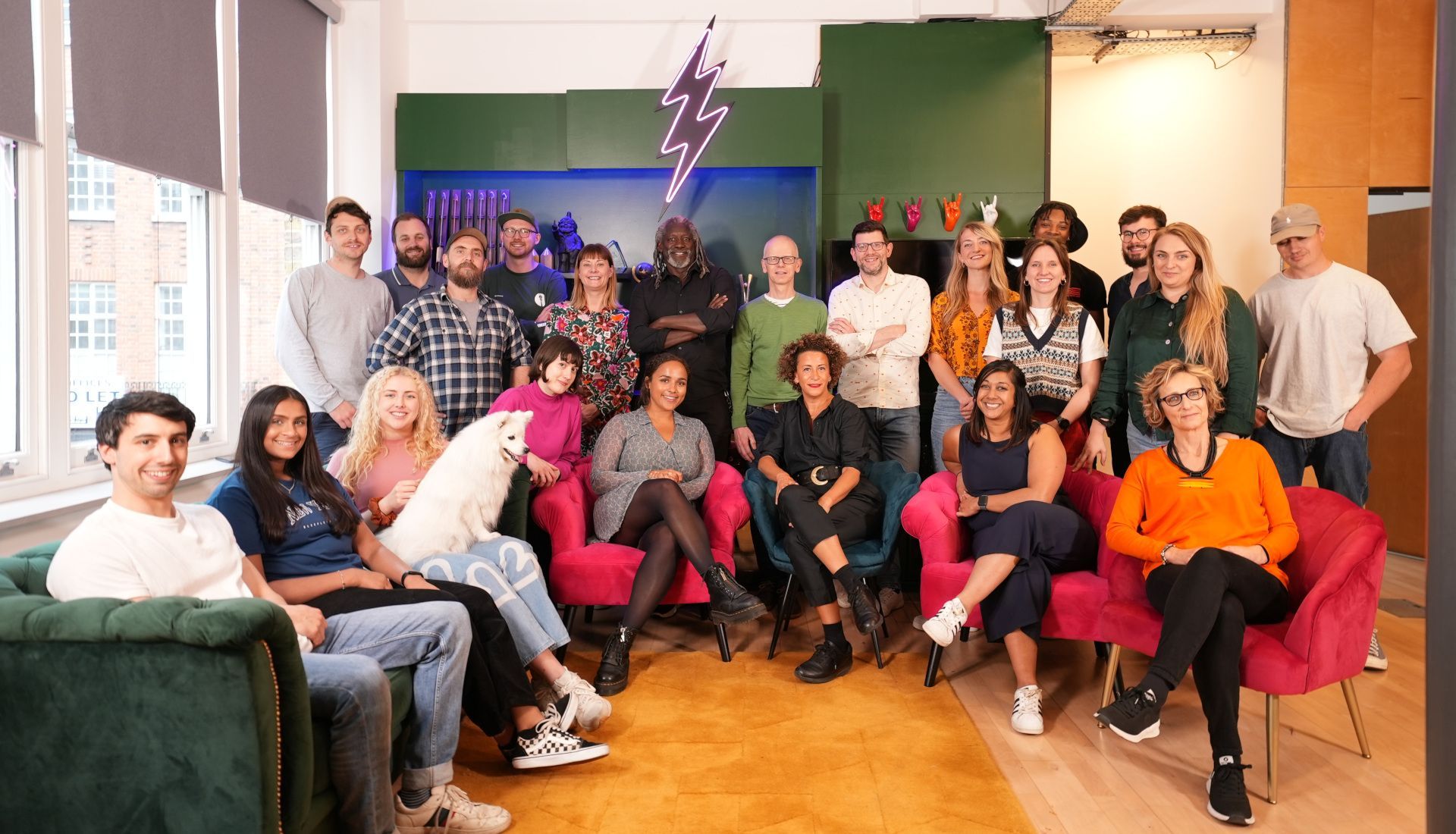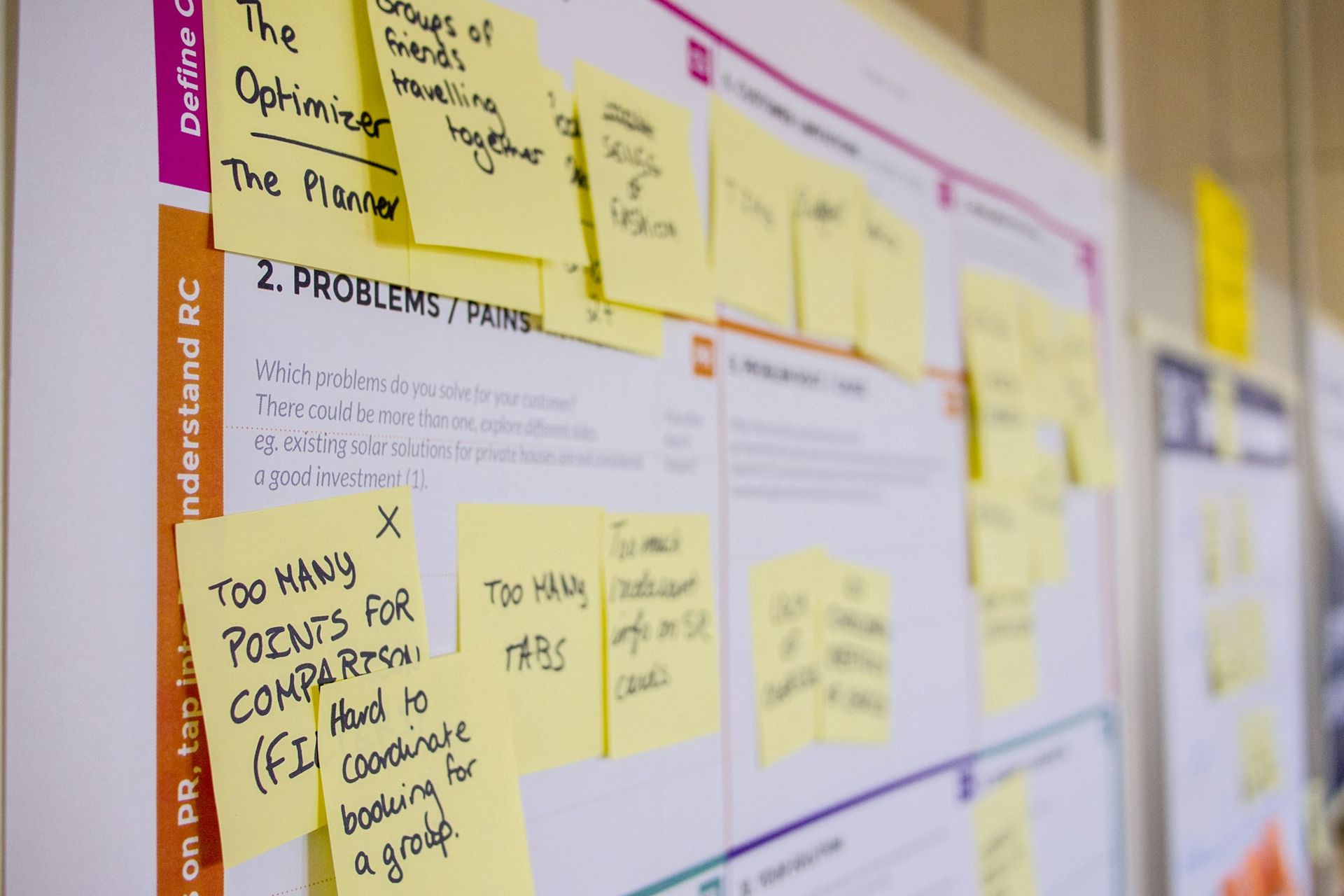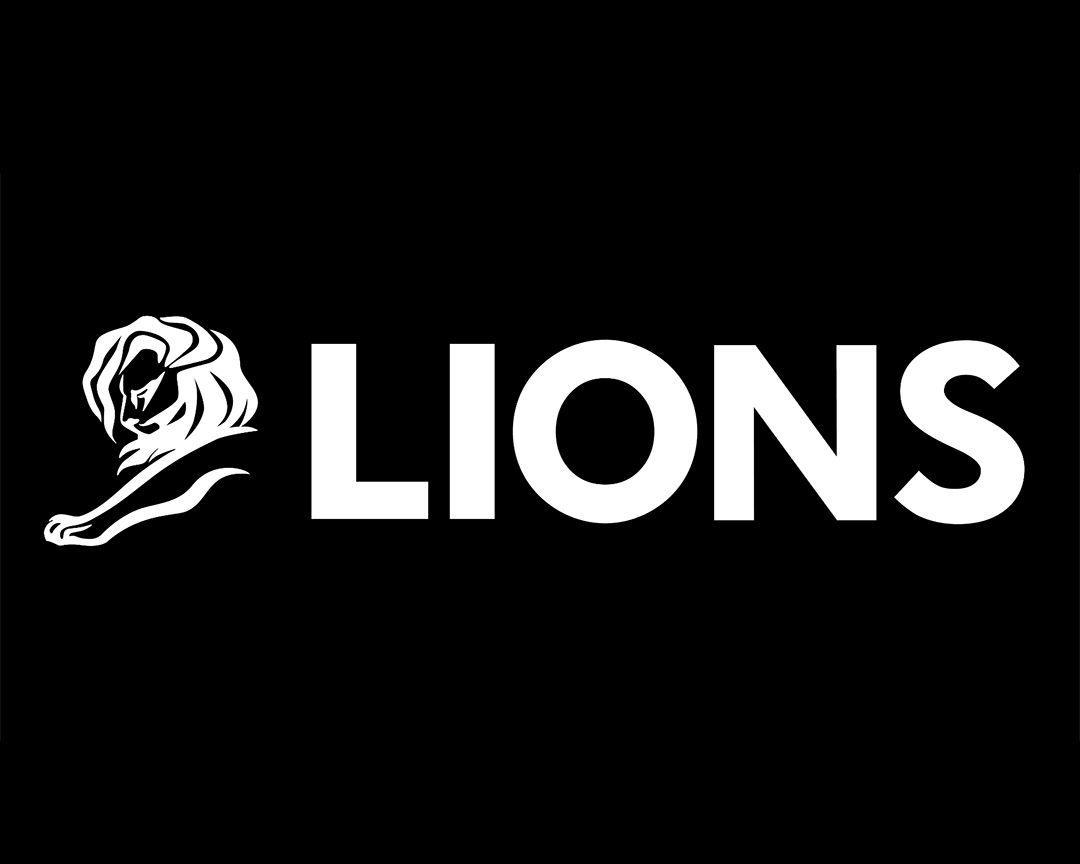How has going Employee Owned helped Quiet Storm?

Four years into employee ownership (EO), head of operations and partner, Summer Rozenbroek, tells us how the move has led to better business performance, improved recruitment and retention, and further bolstered their already transparent culture.
When and why did your company become employee-owned in the first place, and how did you make the decision?
Quiet Storm went employee-owned in 2020. Trevor Robinson founded the company in 1995, our CEO Rania Robinson joined him to build up the company 13 years ago, and they transitioned the business to an employee ownership trust (EOT) four years ago. They made the decision to help retain our culture, our brilliant people and retain the practices and values that make our business a success, as well as honouring their legacy. They wanted to avoid a big sell leading to big changes at the agency.
Ultimately, giving our people more ownership leads to a better overall business performance as employees are more invested in client relationships. The success of our clients’ businesses means the success of ours and, therefore, rewards for our people.
An employee ownership (EO) means the people who built the business will take it over. With EO there’s still an exit strategy while retaining everything that’s been built up over the years.
Has it changed your company culture and operations as a whole and if so, how?
We already had a very transparent, inclusive culture – EO has empowered and bolstered that further. The groundwork of the strength of culture that had been built over 25 years was already there, so EO felt like a fit for Quiet Storm in so many ways.
Operationally, there’s a good EO structure in place, with an EOT board made up of representatives from management, the team and a Non Exec Director in place. The formalities are there, but the take out is employees have a more equitable say in how the agency’s run. A representative voice to vote for and deliver impact.
We have EO positions for fixed timeframes including an EO director – currently me – and one EO champion. We started with three of us in total, but when we had a change in team we found that two was actually enough for us. There are many ways in which you can structure an EO business and the model can be flexible to suit your business - we tweak our framework to suit our agency. I’ll step down as EO director this year after four years – it’s important to give others the opportunity to be voted in as well.
Has it been positive for company recruitment?
I’d say it’s had a hugely positive effect on recruitment, especially for younger people and those coming into the industry for the first time. Interviewees all comment on it having read about it on our website.
There’s a lot of talk about the next generation being more interested in equitable roles and we’ve really seen that here. It helps us attract and retain great talent because people can see that their energy and efforts within the business are going to yield a more equitable benefit, which results in more invested staff. It's still a relatively unknown structure, so not everyone understands all the details at first, but they understand enough to talk about it in interviews.
As an EO company, how can employees contribute their ideas, participate in strategic planning, and have a say in company direction?
We have monthly Voice sessions where people can contribute and raise suggestions, and monthly finance updates to support our transparency. There are more in-depth business and finance updates twice a year, as everyone has a vested interest in an EO company.
Everyone can also input into our strategic planning sessions – they can contribute ideas before the management board planning days, and every meeting is summarised afterwards to all staff. We also send summaries after formal EOT board meetings. So there’s a clear structure, but we also try and keep things fluid. People also feel comfortable to raise things individually, which also happens sometimes.
How do you encourage employees to think and act like owners, beyond just financial ownership, and is this a focus for you?
We do a lot of consultation through all aspects of the business, so employees have a voice in decision making. We’ve seen that giving people more ownership and influence leads to higher levels of engagement and commitment. Consultative practices and democratic votes have resulted in anything from improving our parental leave policy, to enhanced hybrid working systems, to wellbeing initiatives, to improving processes.
As well as having a clear framework, and it’s important to engage people, we do a lot of work to keep it inclusive.
Are there any challenges to being EO? How do you deal with these?
Probably the biggest challenge is realising that not everyone will get involved to the same level, even if the opportunity is there. Businesses are diverse and people want to contribute to a greater or lesser extent – and that’s fine. The principles are still clear. As a company, we ensure our culture is driven through everything and the overall picture works.
What support and resources does your company provide to help employees understand and navigate their roles as owners effectively?
We have an induction session dedicated to employee ownership and a pack for new starters for quick reference. We’ve also enrolled people on EO courses and events through the EOA who are a really helpful resource. People can contribute to company direction meetings and we provide summaries of sessions afterwards. The finance updates are regular and transparent and we do a lot of consultation through business decisions. And there are roles people can be voted into.
How has employee ownership contributed to the success and sustainability of your company?
EO has definitely contributed to talent retention in tough times. Our staff tenure is 6.3 years on average, which is much higher than industry norms. In a recent survey, 100% of our staff said that they would recommend us a great place to work, which is another good indicator of engagement. Our staff continue to feed back that the transparency, communication and consultative practices are appreciated, which in turn generates loyalty and retention.
It’s also helped with talent attraction in a difficult market. We attract some great candidates, and it helps with company buy in and investment, and that means people putting their hands up more for new projects and new business as there’s a vested interest in growing the business.
As for financial planning, it’s definitely more equitable. Staff dividends are prioritised even in harder times.
What would you say to other businesses considering going employee owned?
Absolutely consider it – it’s a great thing and it’s been positive for Quiet Storm. The structure is democratic and one of positive inclusion in a polarised economy. There are so many studies that talk about a more autonomous workforce being a happier one, and that point to more diverse, transparent workplaces making more profit.
Any closing thoughts?
Employee ownership is definitely something that will be increasingly important in the future. The younger generation and new workforce will want more flexibility and more say in their companies across all industries, and EO delivers that.
With thanks to Summer Rozenbroek
Head of Operations & Partner of
Quiet Storm & Create Not Hate







